In 2023, the trend of keeping physical cash at home remains prevalent among Americans.
Despite the rise in digital transactions and online banking, a significant portion of the population still prefers having tangible currency at their disposal.
The Persistence of Physical Money
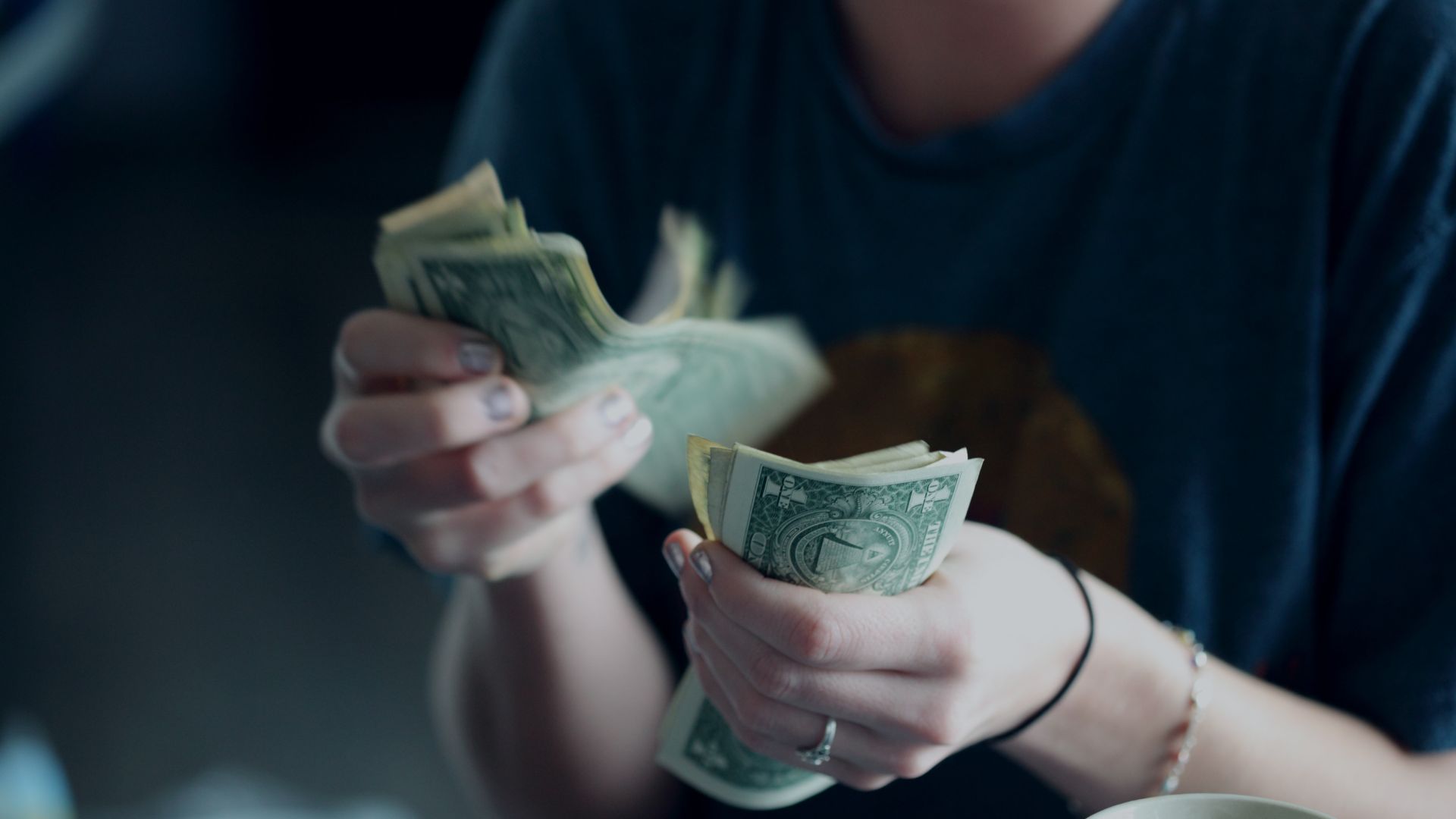
Despite the rise of electronic payment methods, there remains a portion of the population that values having tangible cash.
These individuals cite various reasons, ranging from practicality in specific situations to emergency preparedness.
Insights from a Nationwide Survey
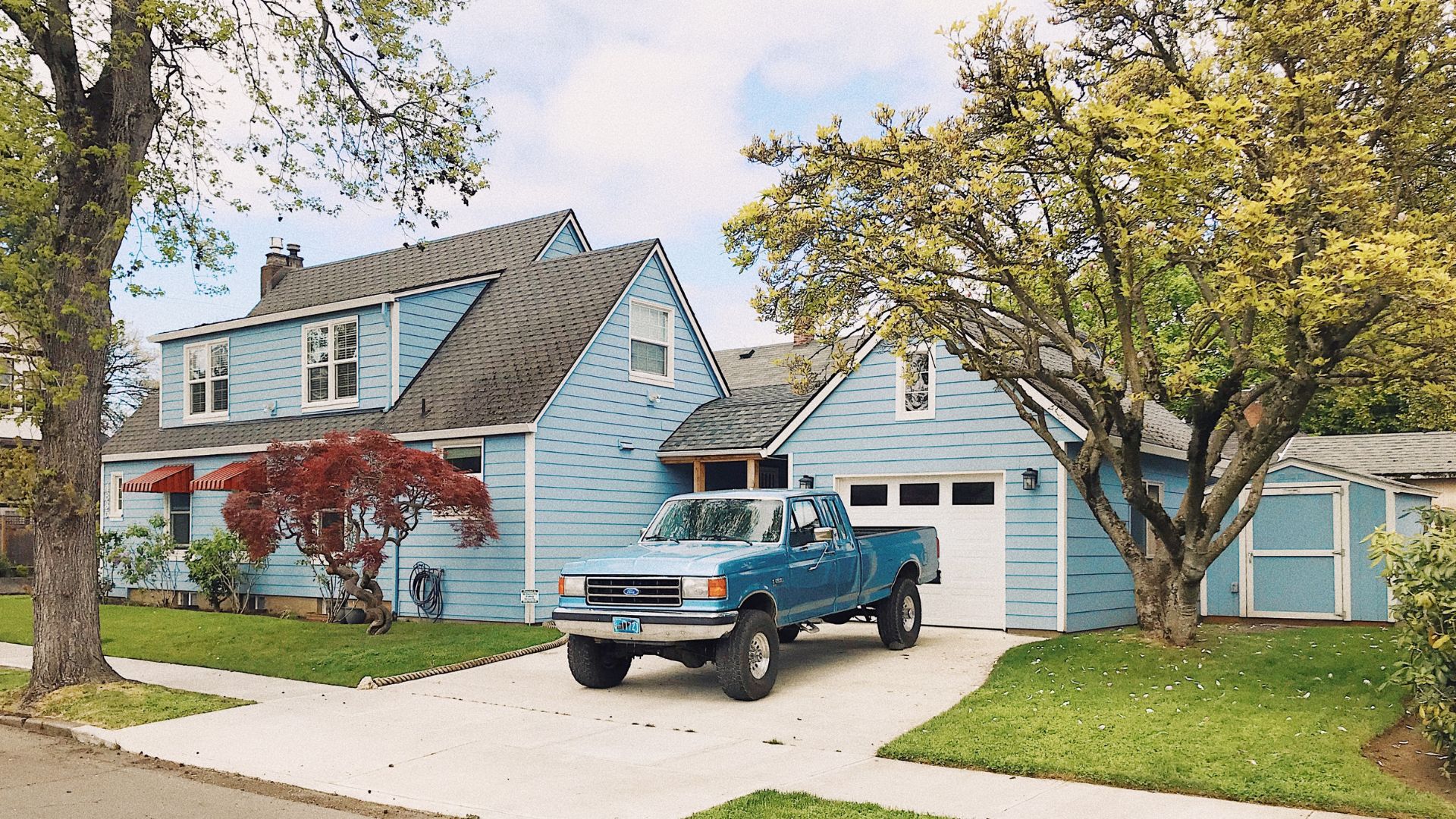
A recent survey conducted by GOBankingRates involving 1,141 American adults revealed that nearly 24% believe their home to be the safest place for their money.
This data suggests that trust in traditional banking might be challenged by a preference for physical possession.
Most Americans Keep Minimal Cash
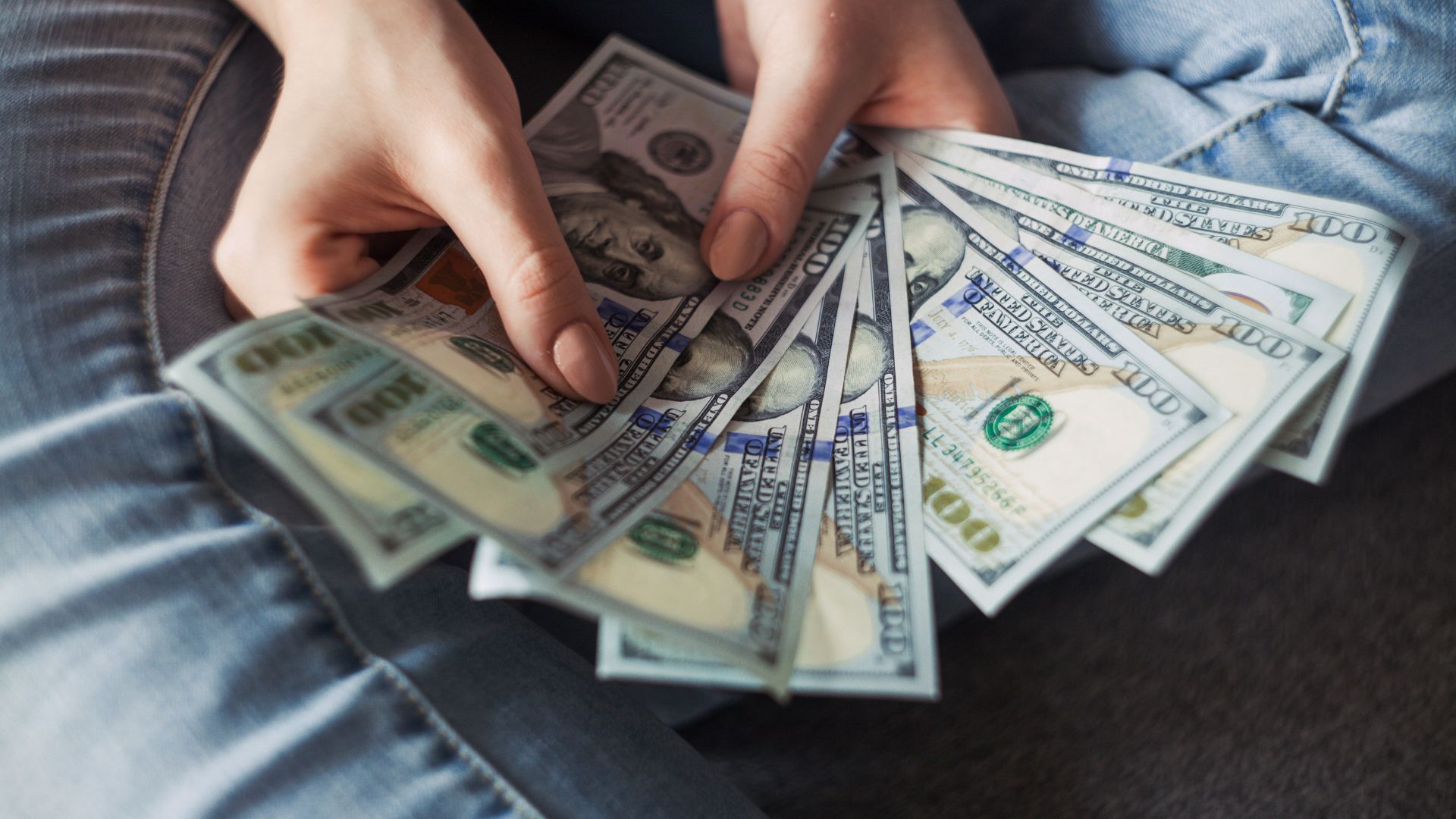
From the surveyed participants, 35.85% reported having $100 or less in cash at their homes.
This indicates a trend where a significant number of people maintain a minimal amount of liquid cash for immediate, smaller needs.
The Middle Ground
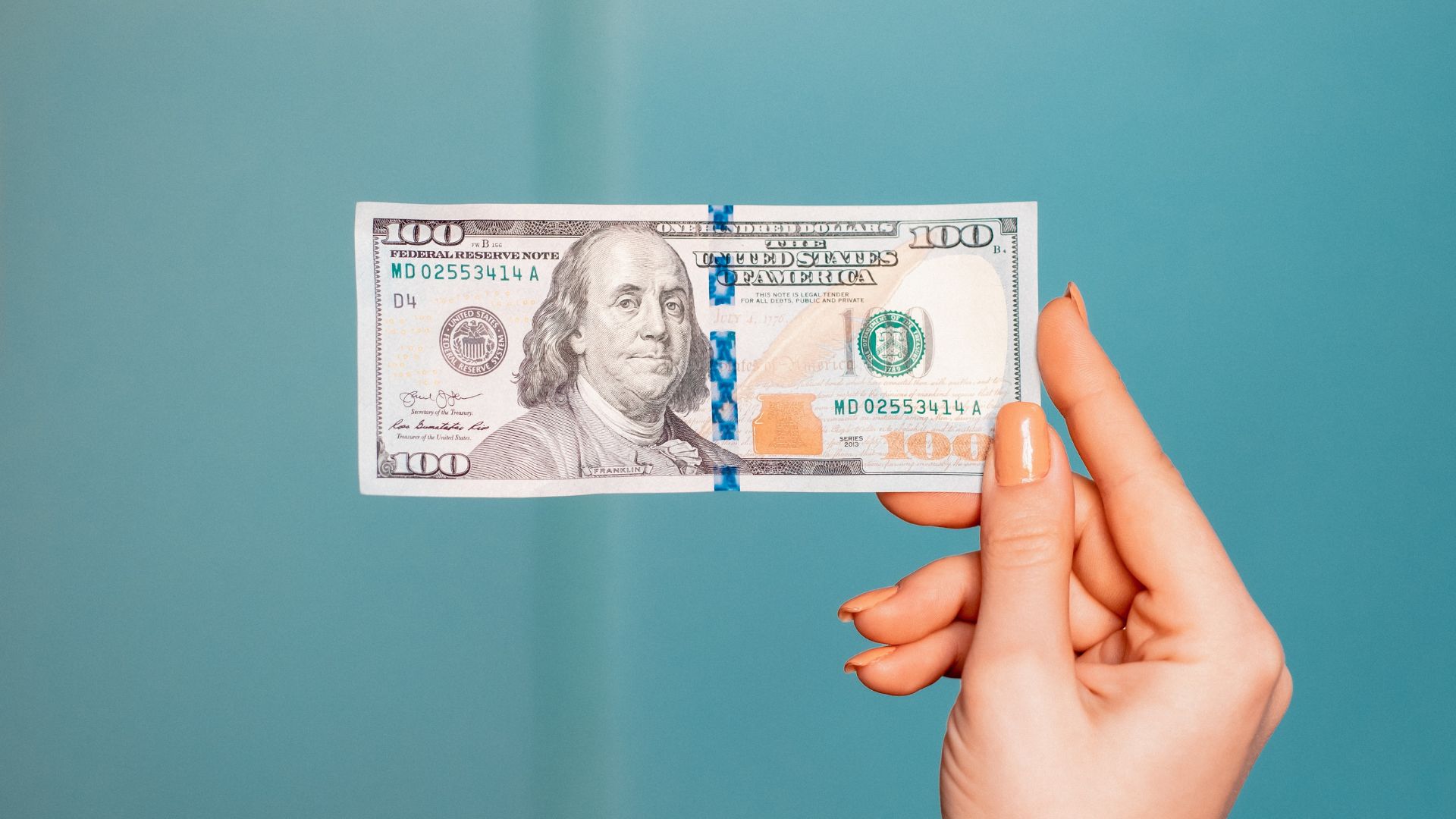
There is a considerable portion, about 30.85%, that keep a moderate stash ranging between $101 and $500.
This amount suggests a balance between daily necessities and potential unplanned expenditures.
Substantial Cash Reserves
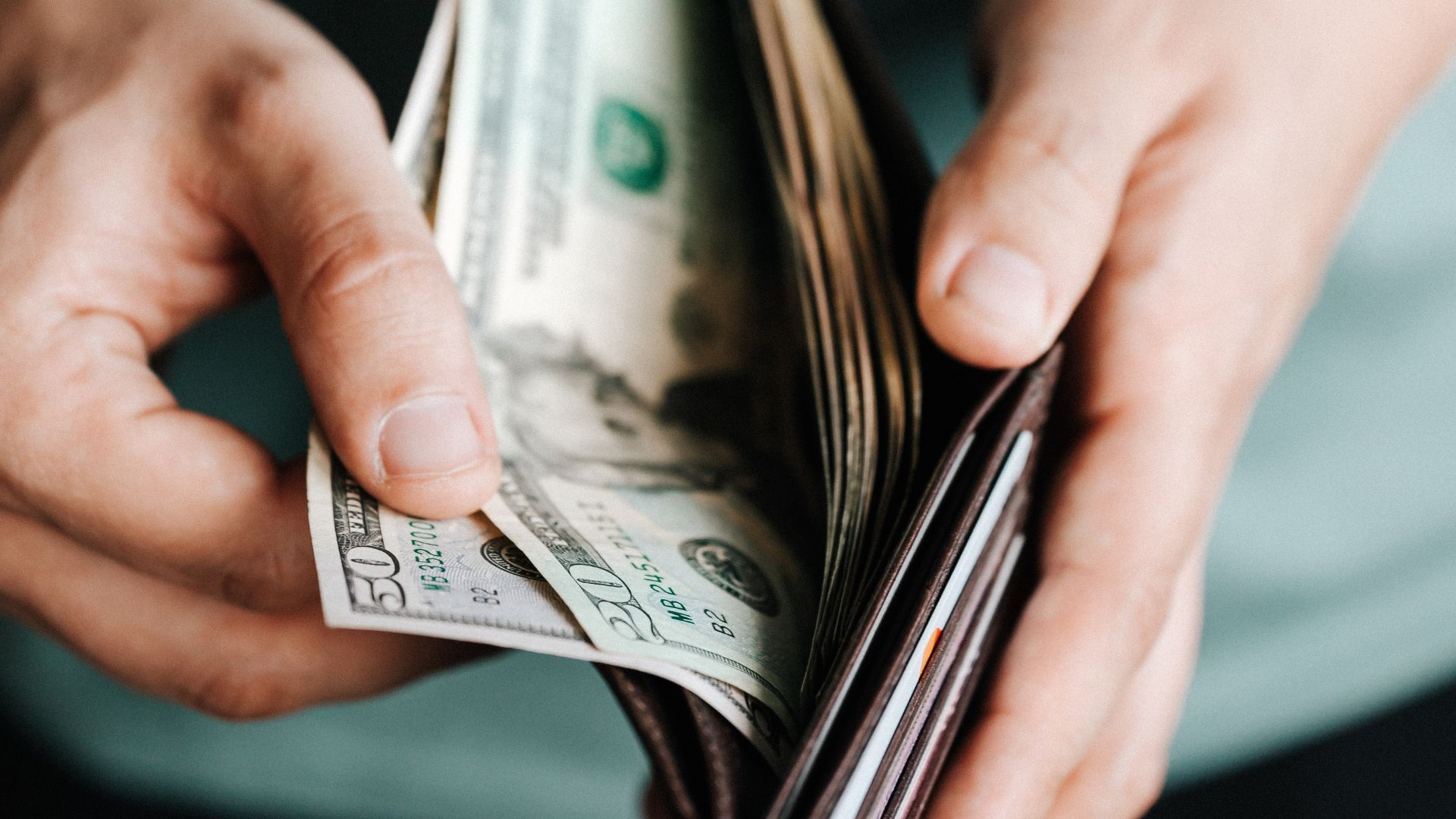
A notable 10% of the survey’s respondents indicated that they have more than $1,000 in physical cash stored at home.
This points towards a segment of the population that values having a larger financial cushion readily accessible.
Living Without Physical Cash
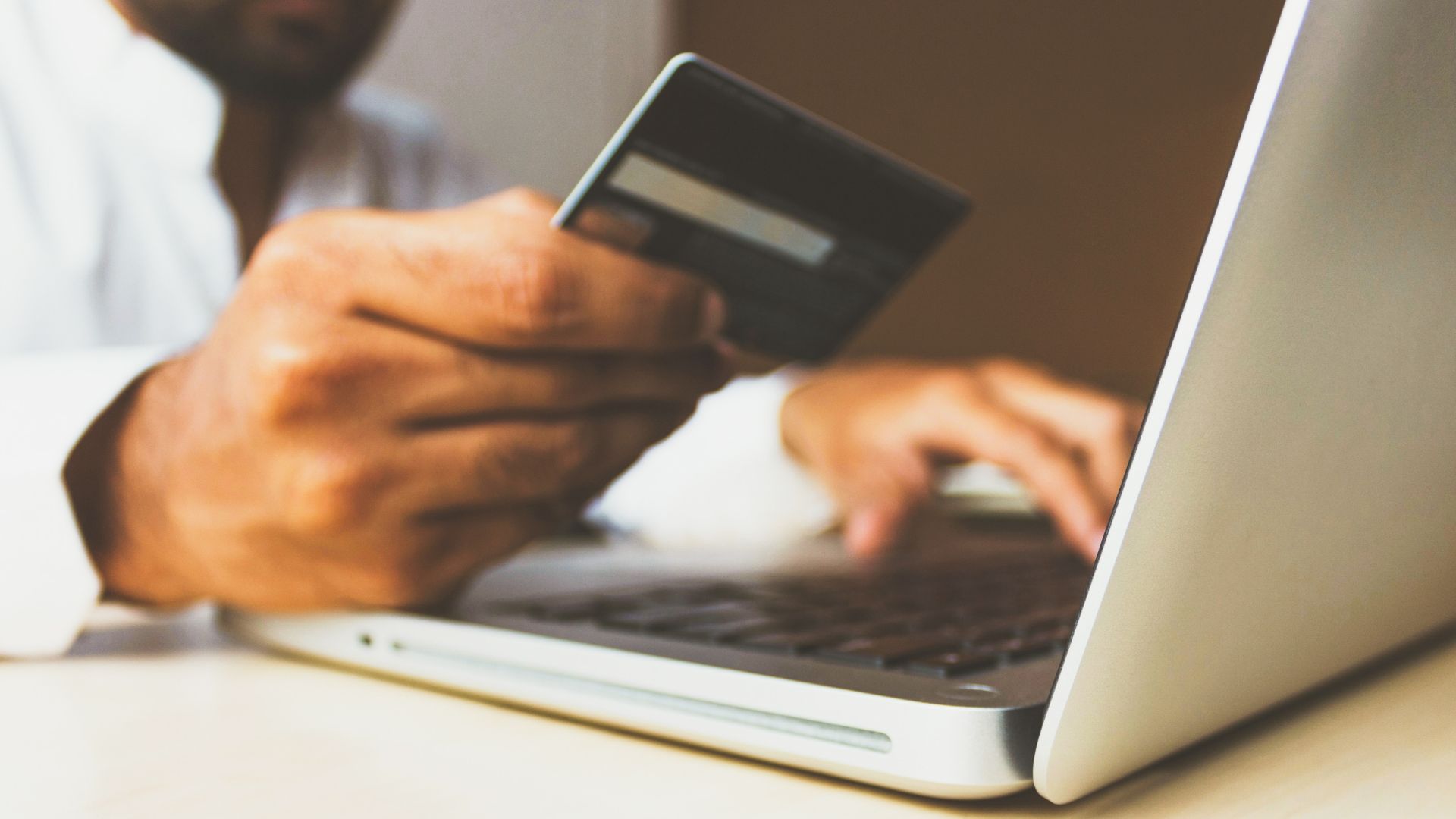
Interestingly, 16.65% of participants declared that they have no cash reserves at home.
Individuals like Tarek El Ali emphasize the convenience of digital transactions, showcasing a shift towards completely electronic financial management for some Americans.
Expert Recommendation: Moderate Reserves
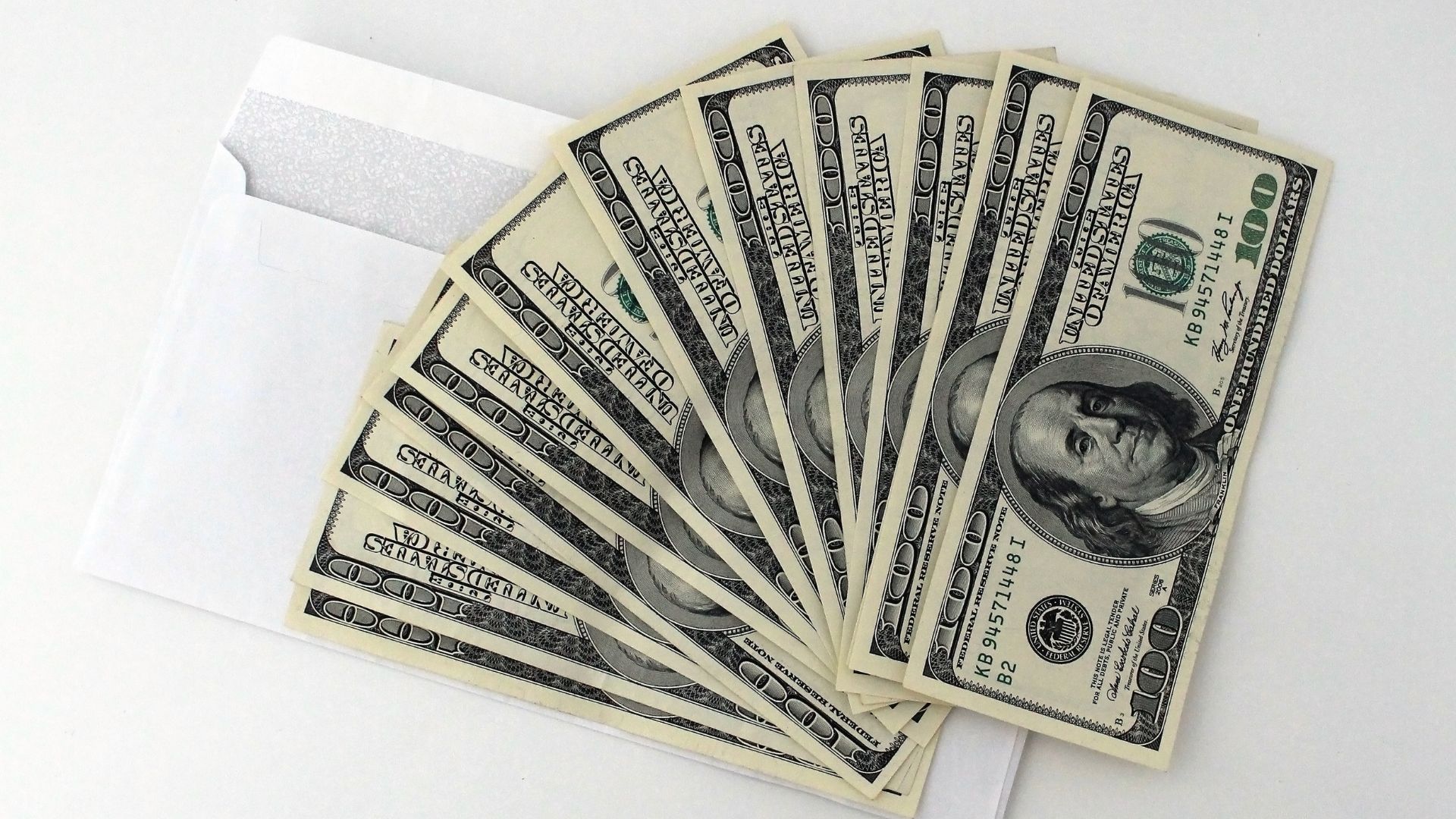
Financial expert Evan Tunis recommends keeping a moderate amount of cash at home.
An amount around a few hundred dollars, tailored to personal circumstances, can provide assurance in emergency situations while maintaining most funds securely in banks.
Why Some Recommend $1,000 to $2,000 in Reserves
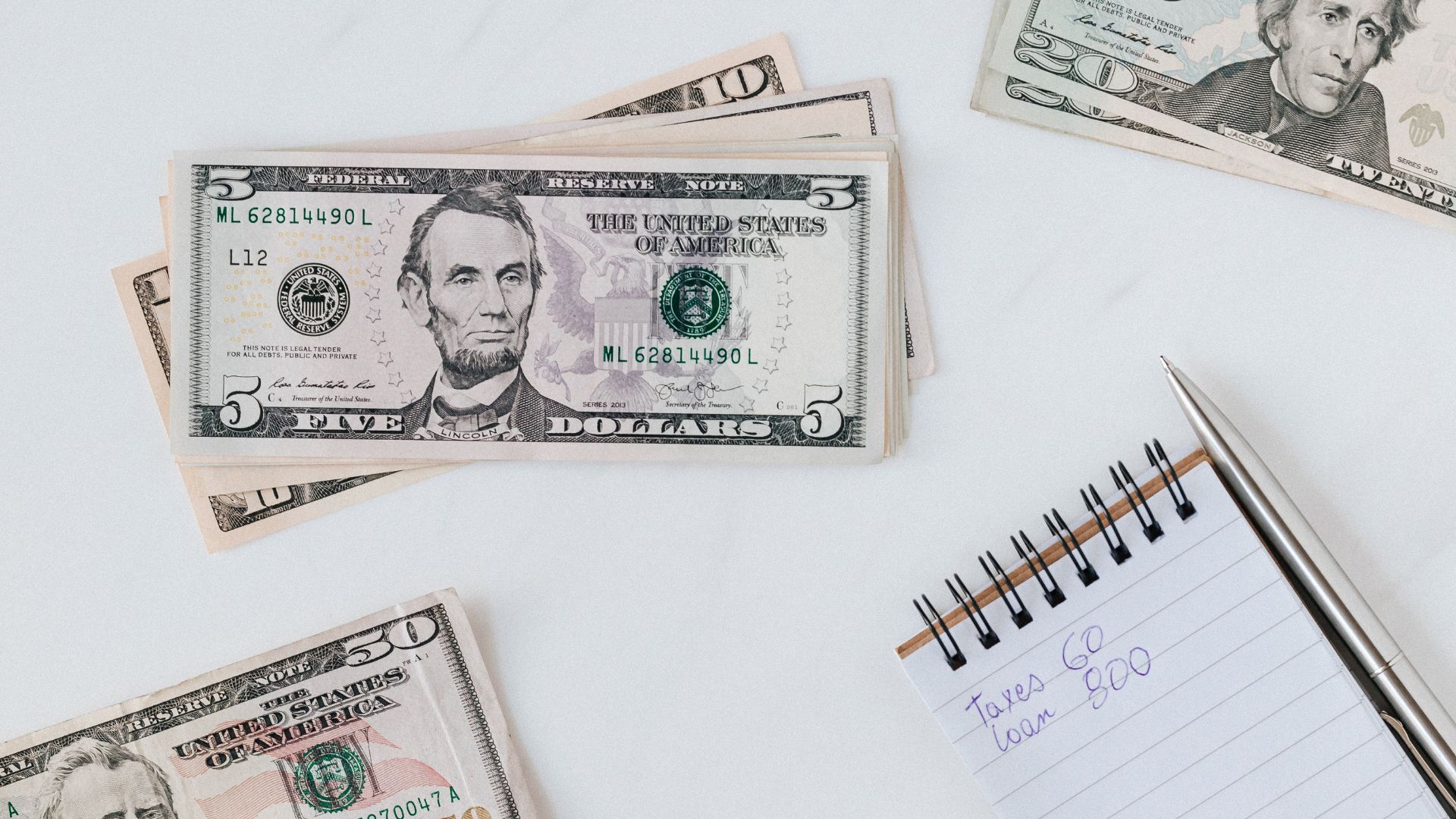
Scott Lieberman, founder of TouchdownMoney.com, suggests that in particular scenarios, especially considering larger households or potential national emergencies, it might be prudent to keep between $1,000 and $2,000 in cash at home.
This ensures resources are available in more extreme circumstances.
Beyond Physical Cash
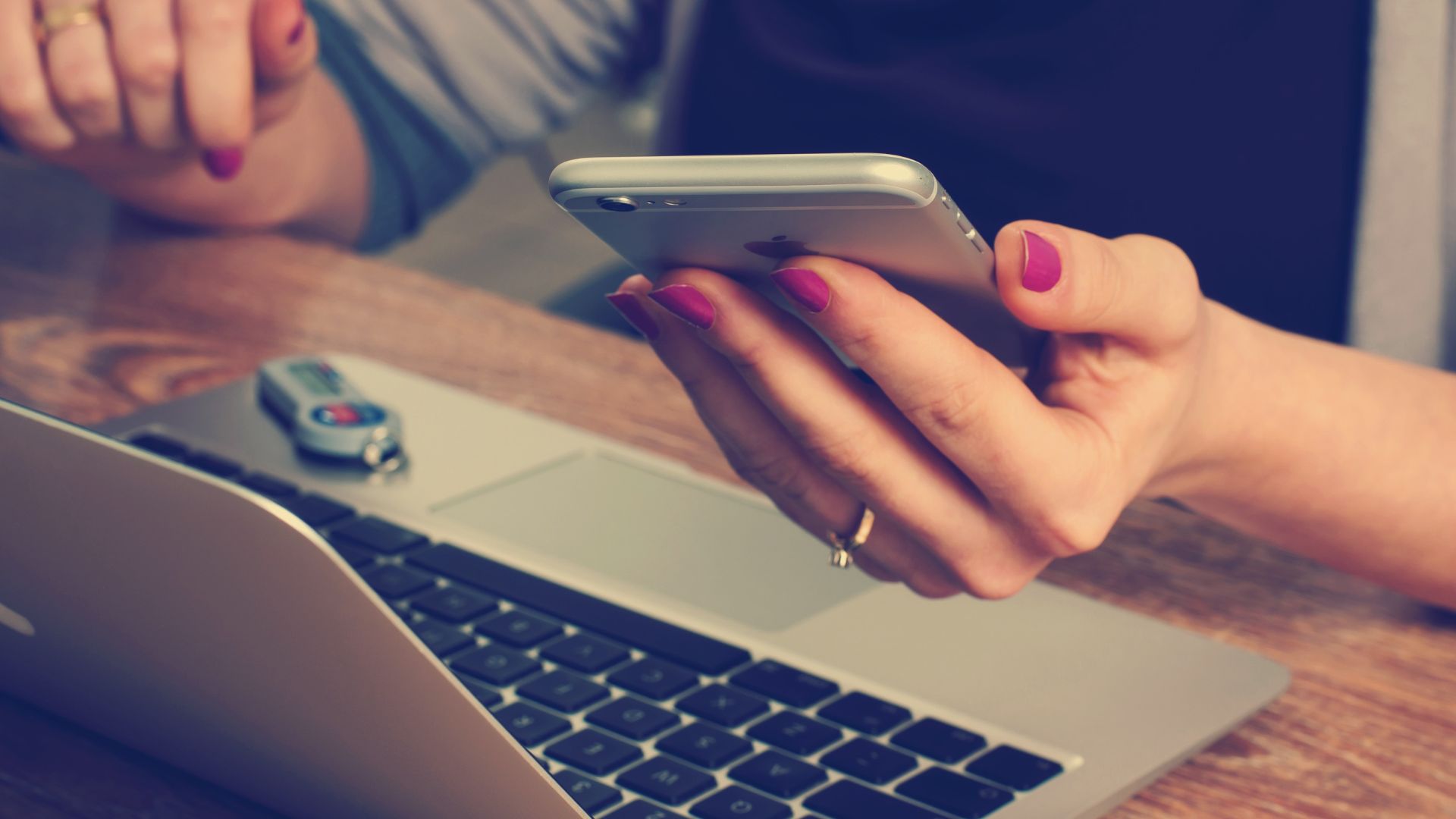
Physical cash, while convenient, isn’t the only method to ensure funds’ accessibility.
Scott Lieberman and Evan Tunis both suggest that diversifying fund storage, utilizing savings accounts, and considering other electronic services can offer both security and convenience.
Finding the Right Balance

The perfect amount of cash to keep at home varies for everyone.
Factors influencing this decision include individual or family budgets, the size of the household, personal savings goals, and one’s access and trust in banking services.
Deciding on Personal Cash Reserves
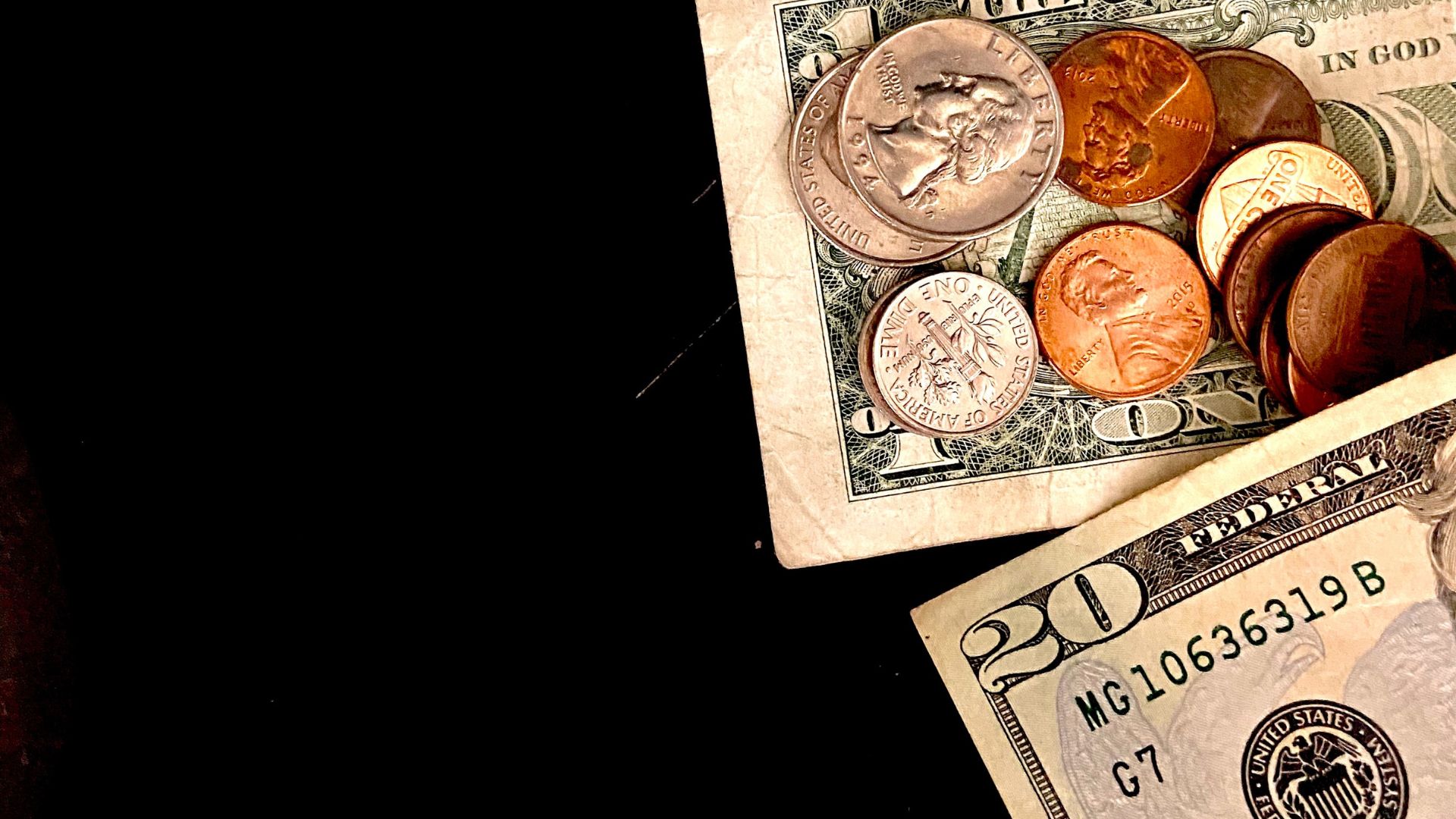
The decision to keep cash at home and the amount to reserve depends on individual preferences and circumstances.
While digital transactions continue to grow in popularity, many Americans still see value in having a tangible cash reserve. Balancing this with digital options is key for modern financial preparedness.
